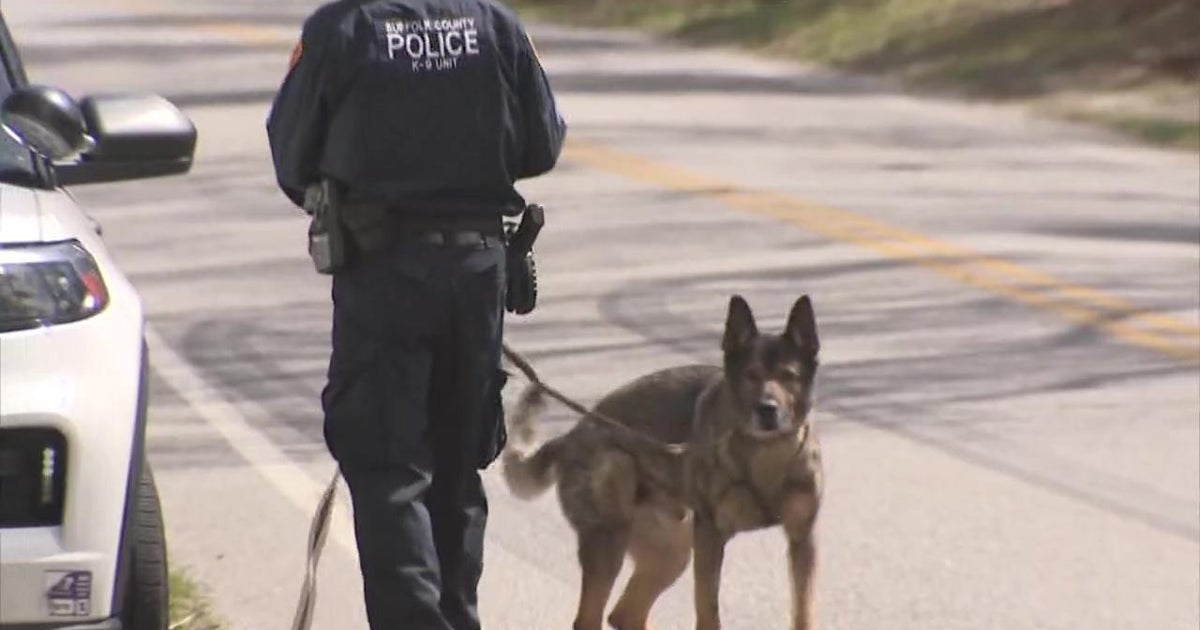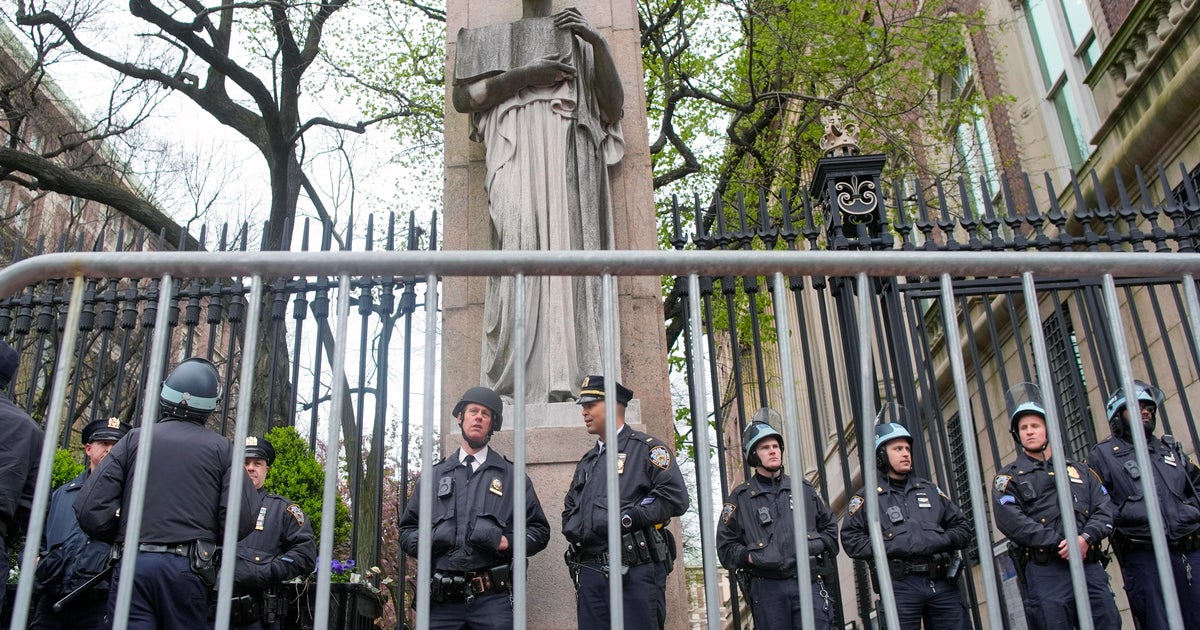Donor Beware: Fake Clothing Donation Bins Back On Long Island
SYOSSET, N.Y. (CBSNewYork) -- If you're cleaning out your closet and want to donate used clothing to those in need, beware.
Bogus donation bins are back, and they are taking advantage of trusting donors.
But, as CBS2's Carolyn Gusoff reported Tuesday, there are simple ways to check if scammers are profiting from your generosity.
The season of giving is also the season for scamming.
"I want these clothes to at least go somewhere that somebody's going to get a second life out of them," said donor Chris Sanchez.
The clothing donation bin she used is affiliated with a legitimate charity, but that's not always the case. Officials warn bogus bins continue to turn up in parking lots and train stations.
"There's a phone number on it, there are symbols, a cross. It says it is under surveillance for 24 hours. It's all bogus," said Town of Oyster Bay Supervisor Joseph Saladino.
Oyster Bay officials call them shameful fakes. Shoddily constructed, stenciled letters - scammers or for-profit entities masquerading as charity bins.
"When they collect clothing there is a process to turn them into rags and then sell them on that market," Saladino said.
Now there's something to help navigate the minefield. Towns including Oyster Bay issue permits to vetted charities, and if you want to make sure your clothing is re-used -- or at least sold to help fund charitable programs -- check with your state if the charity is registered.
Big Brothers Big Sisters of Long Island funds its programs by selling donated clothing to a chain of thrift shops.
"Our clothing donation operation probably accounts for around 40% of our annual budget," said Mark Cox, CEO of Big Brothers Big Sisters of Long Island.
His advice? Avoid anything that just says "clothing drop" with no permit.
"They are basically bailing them and selling them oversees for pennies on the dollar, and it's not going to support any charity. It's literally going into their pockets," Cox said.
Goodwill funds its programs by selling donated clothing in thrift shops, outlets, and, if it still hasn't sold, to overseas exporters.
"We can assure you that should you come and donate this shirt to Goodwill, not a single textile is ending up in a landfill or going into the waste stream," said Joseph Jarroush, vice president of operations for Goodwill of New York and New Jersey.
Town of Oyster Bay officials confiscate the sham bins as soon as they are made aware of them. Sometimes law enforcement can make an arrest, but more often, they're quickly replaced. Their advice to the public: Donor beware.
To check if a charity is legitimate before you use a donation bin, check the following resources:



